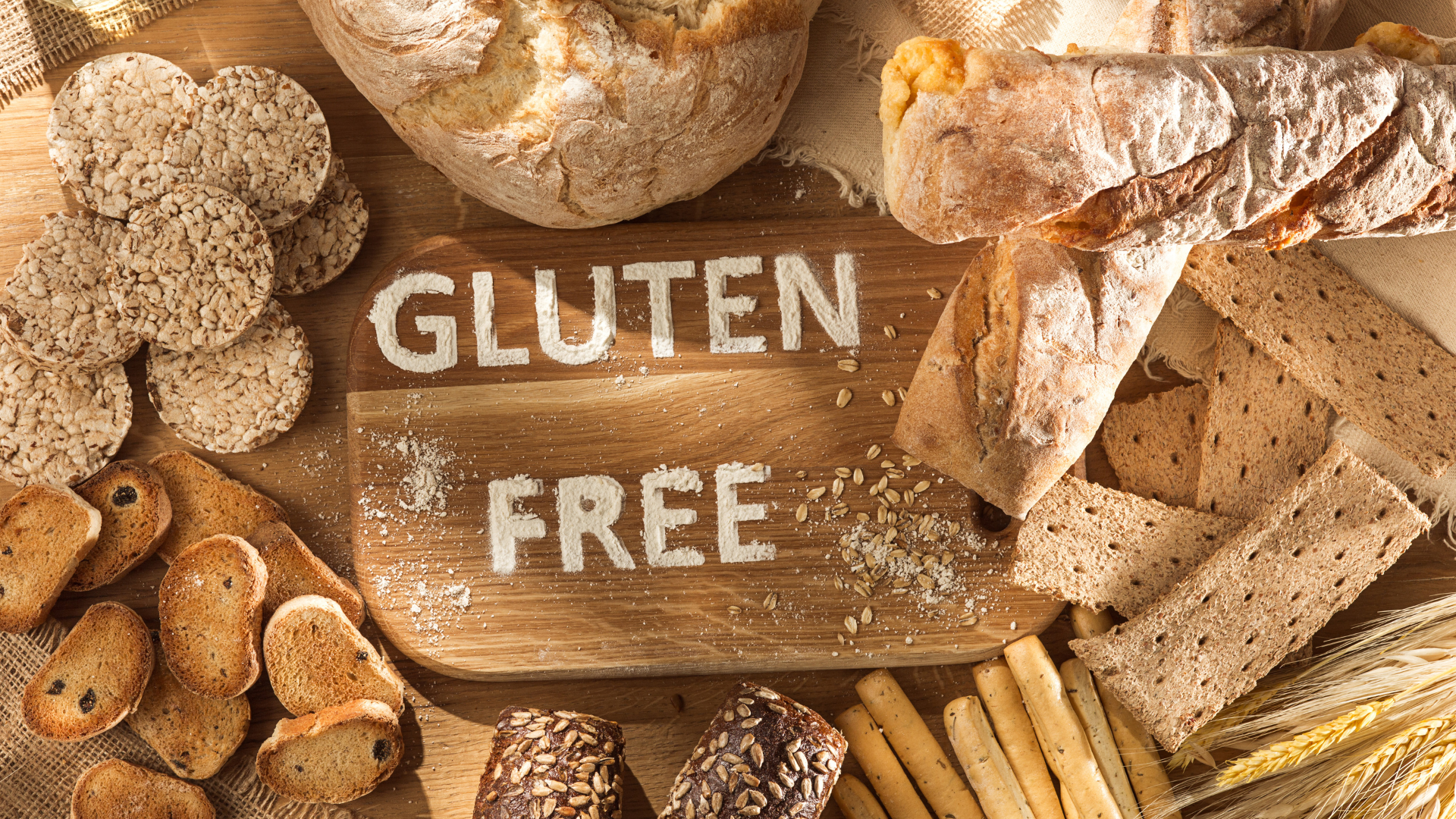

Is Gluten-Free for Me? A Closer Look at Gluten
an Interview with Dr. Emily Fritz
In recent years, gluten-free diets have surged in popularity. From health enthusiasts to celebrities, many have embraced this way of eating. But what's behind going gluten-free? Is it suitable for everyone? Let's dive into some facts, myths, and insights about gluten. To learn more about gluten, we asked our in-house nutrition expert, Dr. Emily Fritz some most commonly asked questions among the Rivalz community.
Rivalz: What is Gluten?
Dr. Emily Fritz:
This is a question I hear often – many people just assume that gluten is bad for them without understanding what it is. Gluten is a protein that’s primarily found in grains like wheat, barley, and rye, but it can also be added to foods to improve the texture. It acts as a "glue" that holds food together, giving it a stretchy consistency— think of the chewy texture of bread or pizza dough.
Rivalz: Why Do Some People Need to Avoid Gluten?
Dr. Emily Fritz: There’s an increasing trend of people avoiding gluten in their diet, but there are three primary reasons that people should be excluding gluten:
The first condition is something called celiac disease. This is an autoimmune disorder where the ingestion of gluten leads to damage in the small intestine. People with celiac disease can have severe gastrointestinal reactions to even tiny amounts of gluten.
Another health condition is wheat allergies. Unlike celiac disease, a wheat allergy is an allergic reaction to proteins found in wheat, one of which is gluten. The symptoms associated with a wheat allergy can be similar to other allergic reactions like itching, swelling, hives, and can be very severe depending on how allergic someone is.
The last condition is probably the most prevalent and is the most difficult to diagnose since the symptoms and reactions tend to be less severe. You might hear people say they have gluten intolerance, or Non-Celiac Gluten Sensitivity (NCGS). People with NCGS can experience a range of symptoms when they consume gluten, some of which can be subtle and some of them can be more severe ranging anywhere from skin issues to mood and fatigue.
For all these conditions, people should seek guidance from their health care providers to learn more. Usually, a good first step is tracking what you eat and keeping a diary of how you feel and any symptoms you experience after eating gluten.
Rivalz: Do you have any tips for people with any of these conditions on how to avoid gluten?
Dr. Emily Fritz: I have a few people in my family who have celiac disease and need to avoid gluten. My advice to them is to advocate for themselves at restaurants and events where there will be food. Start by letting people know in advance about your condition, ask questions, when in doubt - avoid foods that are suspicious or usually include gluten, and stick to foods that are naturally gluten-free like fruits, vegetables, and lean proteins. Finally, read labels closely and look for products that are clearly marked gluten free like Rivalz.
Rivalz: Are there any myths about going gluten-free that people should keep in mind?
Dr. Emily Fritz: The most important myth I’d like to debunk is that a gluten-free diet is healthier for everyone. Unless you have one of the conditions I mentioned, going gluten-free won't necessarily make you healthier. In fact, many packaged foods that tout being gluten-free can be higher in sugars, fats, and lack essential nutrients. It’s important to keep an eye on the nutrition facts panel in addition to looking for gluten-free claims. Rivalz snacks are a rare find! They’re loaded with protein and fiber, and don’t contain added sugar AND they include additional micronutrients.
The Takeaway
While a gluten-free diet is crucial for those with celiac disease, wheat allergy, or gluten sensitivities, it's not necessarily beneficial for everyone. It's essential to base dietary choices on health benefits and not just trends. If you are someone that needs to follow a gluten-free diet, keep an eye on the nutritional information in addition to gluten-free claims and focus on nutrients like protein, fiber, vitamins, and minerals.
Finally, if you believe you have issues with gluten, consult with a healthcare professional. They can provide guidance, testing, and resources to ensure you're making the best choices for your well-being.
This article has been fact-checked by Dr. Emily Fritz. About Dr. Emily Fritz:
Dr. Emily Fritz earned her M.S. and Ph.D. at South Dakota State University in Exercise, Nutrition and Food Science. Emily joins Rivalz from her role as VP of Scientific Affairs at the Beachbody Company and is passionate about advancing scientific discovery for companies leading the way in human health and nutrition. In addition to her commercial work, she has authored, presented, and collaborated on many research studies ranging from large National Institutes of Health (NIH) studies to leading student research projects during her time as an Assistant Professor at Simpson College in Indianola, IA.
